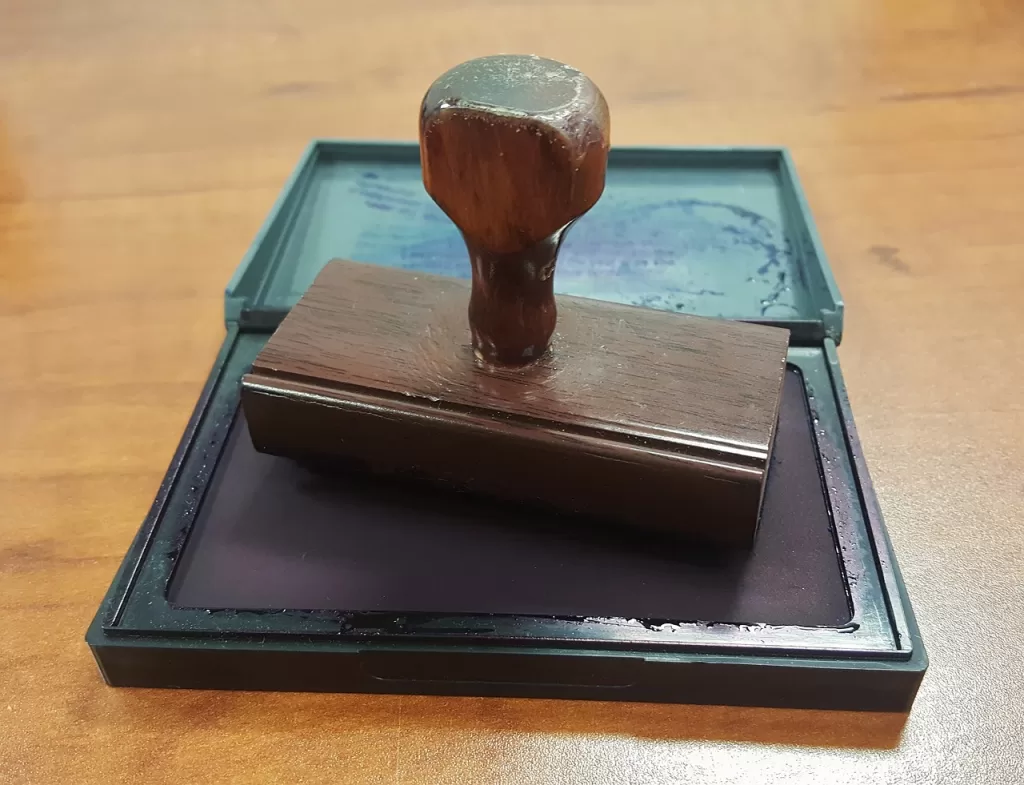Title: What is a Commissioner of Oaths? Understanding their Role and Responsibilities
Introduction:
In the legal realm, certain documents hold weight as evidence in court proceedings when it can be demonstrated that the party who created them swore or affirmed their truthfulness. This important task is carried out by a Commissioner of Oaths. In this article, we will explore the role and responsibilities of Commissioners of Oaths, shedding light on their significance in legal processes.
What is a Commissioner of Oaths?
A Commissioner of Oaths is an individual appointed by the Minister of Justice under the Notaries and Commissioners Act. Their primary function is to administer oaths and take and receive affidavits, statutory declarations, and affirmations within the Province of Nova Scotia. Commissioners of Oaths hold the authority to undertake these responsibilities for use in the Supreme Court or any other court in Nova Scotia.
Distinction from Notaries Public:
It is important to note that a Commissioner of Oaths differs from a Notary Public in their scope of responsibilities. While Commissioners of Oaths can administer oaths and affirmations, they do not possess the authority to notarize documents for the purpose of certifying or verifying them as true copies of the original. This specific task falls under the purview of Notaries Public, who are individuals appointed as such, typically limited to lawyers and MLAs in Nova Scotia.
Eligibility and Appointment:
The appointment of Commissioners of Oaths is managed by the Department of Justice, which reviews applications to determine if the candidate meets the necessary eligibility requirements. The Notaries and Commissioners Act provides the framework for this process, ensuring that individuals entrusted with such responsibilities possess the appropriate qualifications.
Persons Authorized to Administer Oaths:
While formal appointment as a Commissioner of Oaths is necessary for most individuals, there are certain individuals who can administer oaths without requiring specific appointment. These individuals include lawyers, Canadian Armed Forces commissioned officers, RCMP commissioned officers or heads of detachments in the Province, chiefs of municipal police forces, licensed funeral directors, and MLAs. These authorized individuals can administer oaths under the Act by virtue of their respective roles or positions.
Conclusion:
Commissioners of Oaths play a vital role in legal proceedings by administering oaths, affirmations, and receiving affidavits and statutory declarations. Through their appointment under the Notaries and Commissioners Act, they are entrusted with ensuring the veracity and accuracy of crucial legal documents. While they differ from Notaries Public, who possess broader certifying powers, Commissioners of Oaths contribute significantly to the administration of justice in Nova Scotia. Understanding their role and responsibilities helps us appreciate their importance in the legal system.
If you need a Commissioner of Oaths, Trust Process Servers can help. Email us at contact@trustprocessservers.com or call (902) 812-0811.
